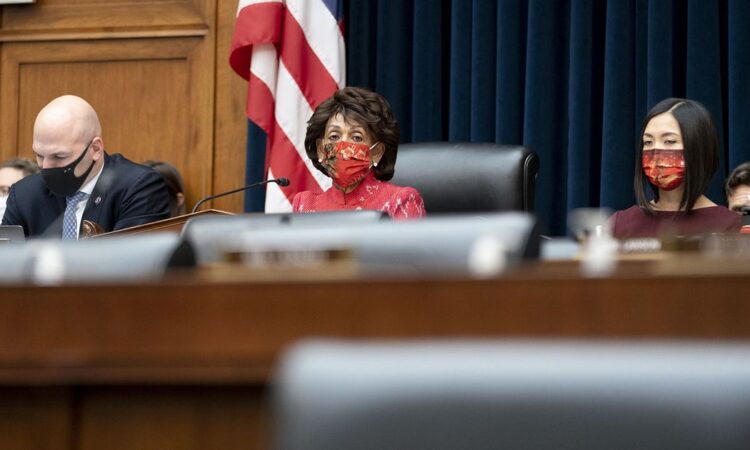
While the U.S. tries to sort through regulating digital assets, some lawmakers and industry players are worried that the U.S. is falling behind other countries.
Chairman Patrick McHenry, R-N.C., leader of the House Financial Services Committee, was adamant at a hearing last month that “if Congress doesn’t act, the rest of the world will,” pointing to regulation, known as Markets in Crypto-Assets, that passed the European Parliament on April 20. The EU regulation covers the trading of digital assets, including stablecoins, and contains a framework for preventing and prohibiting market abuse in the space.
Regulators in the U.K. are likely to be next. In late April, they wrapped up a public consultation to bring crypto assets under existing rules for financial markets, with detailed proposals expected later this year and finalized in 2024. The rules would apply to non-U.K. providers with U.K. customers, but the plan is to harmonize with the EU, U.K. officials said.
“American economic and geopolitical leadership and national security is at stake if we don’t establish a clear regulatory structure for crypto in the U.S.,” said Katherine Minarik, deputy general counsel at Coinbase, in an email.
According to Brett Quick, Washington-based head of government affairs at the Crypto Council for Innovation, the council hears from both cryptocurrency supporters and skeptics that “if this technology in this industry exists, then we want to have oversight of it in the United States.”
When asked how the EU regulation could impact things in the U.S., Ms. Quick said, “we would hope that it would encourage the U.S. to put its foot on the gas a little bit and pursue legislation or a regulatory framework.”
However, “at this point, we think legislation is necessary given the SEC’s inaction,” she added.
Greg King, Fairfield, Conn.-based founder and CEO of Osprey Funds, a digital asset investment firm with $120 million in assets under management, also thinks legislation is the correct path, though he warned it will not be an easy task.
“The difficulty then becomes getting all the members of Congress, or as many as there are required, to pass something, to really understand all the issues, and there’s also a temptation to address them all at once,” he said.
Ultimately, a narrower approach to legislation would be ideal, Mr. King said, such as “adding provisions into bills that are working their way through, rather than a big omnibus bill.”
Both Ms. Quick and Mr. King said one of the main things that needs to be determined through legislation is when a digital asset constitutes a commodity vs. a security, which includes establishing jurisdictional authority between the SEC and Commodity Futures Trading Commission.
“We’d love for the CFTC to have jurisdiction over crypto spot markets, as has been discussed,” Ms. Quick said.
However, Ms. Quick listed several other issues that Congress needs to address, including “when a digital asset security evolves into something that looks less like a security that is more decentralized”; “(an) accommodation in securities laws for a platform that might list both securities and non-securities”; and “updates and modifications to a number of things in existing securities laws that deal with required intermediaries,” as blockchain eliminates the need for intermediaries, she said.






